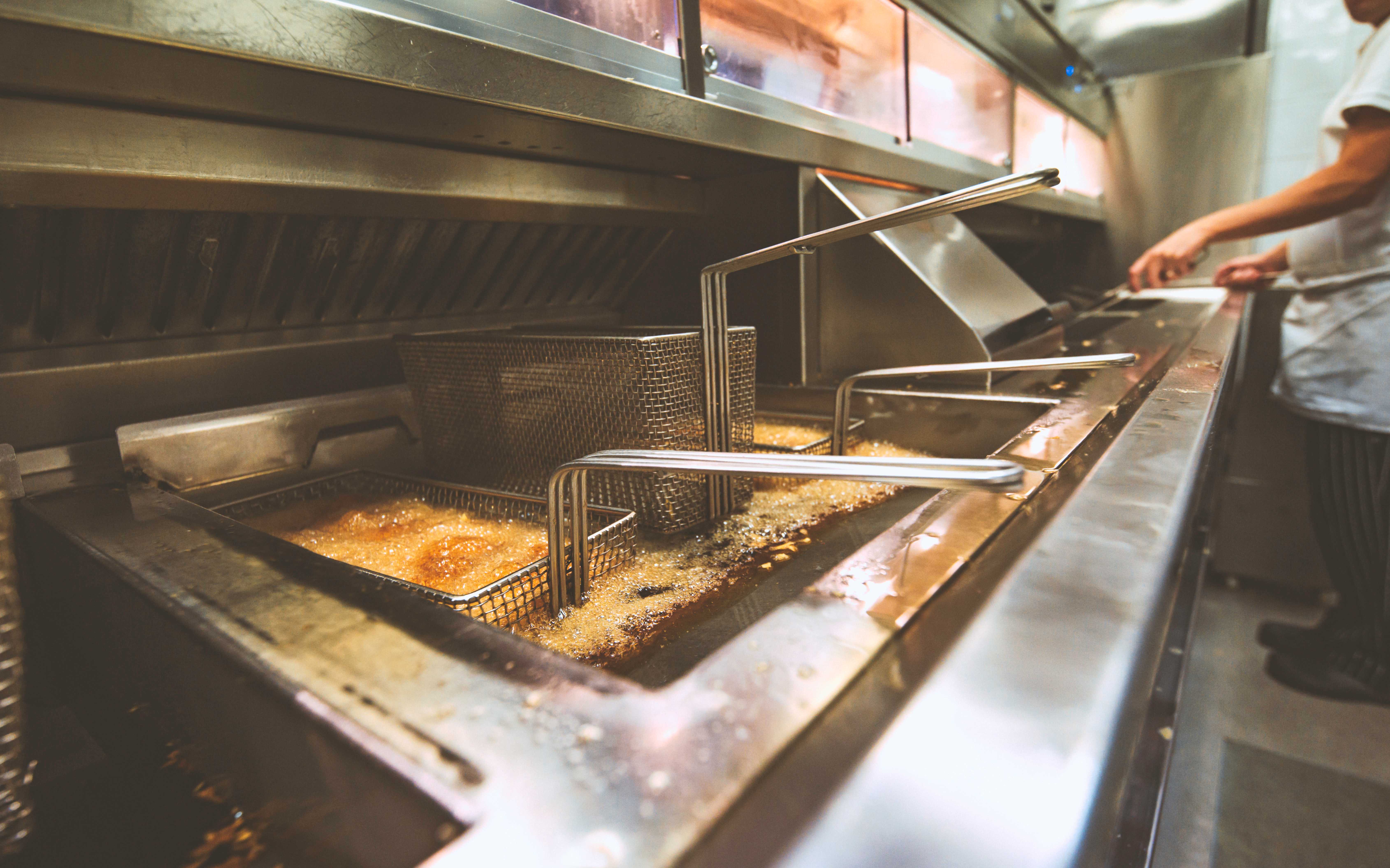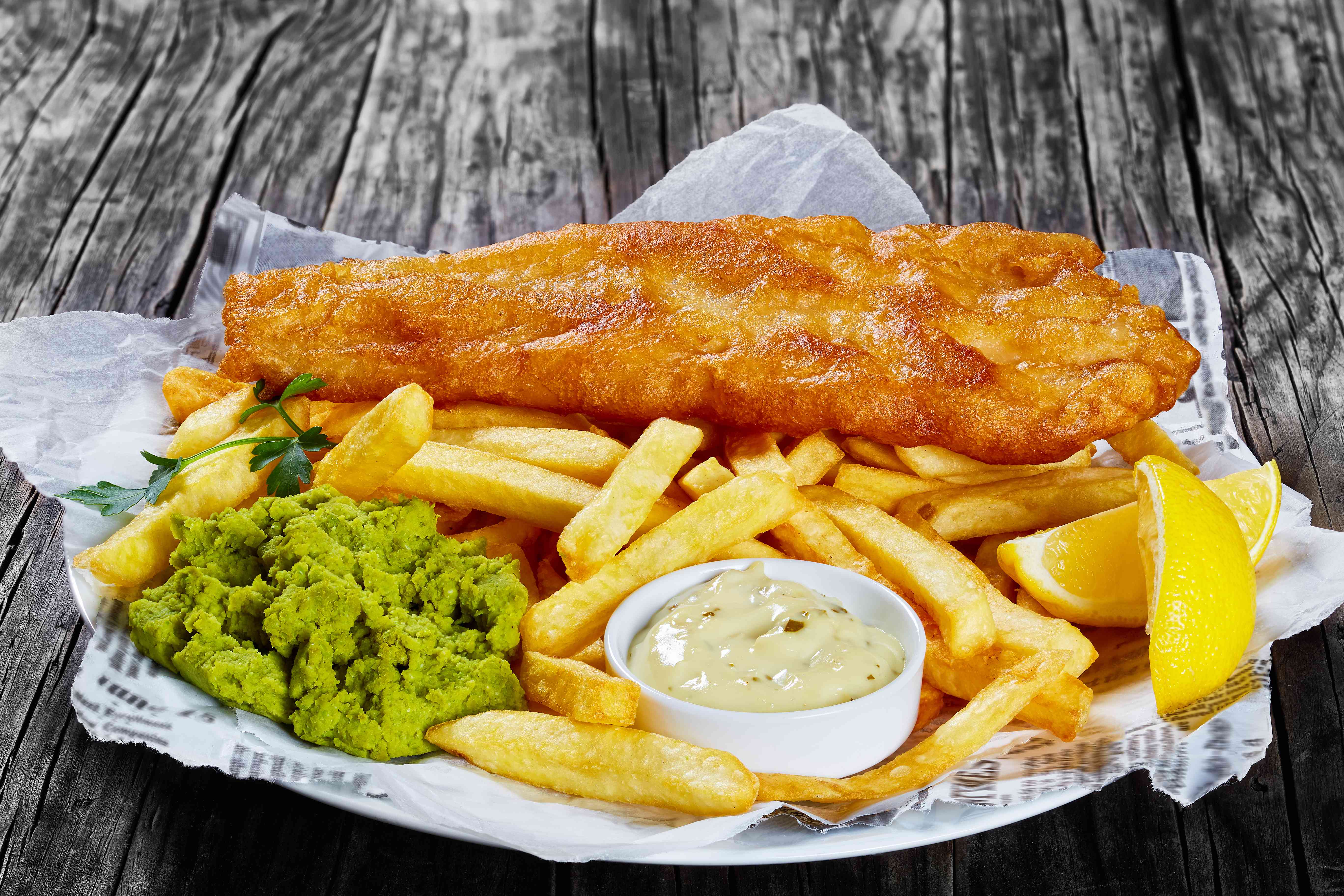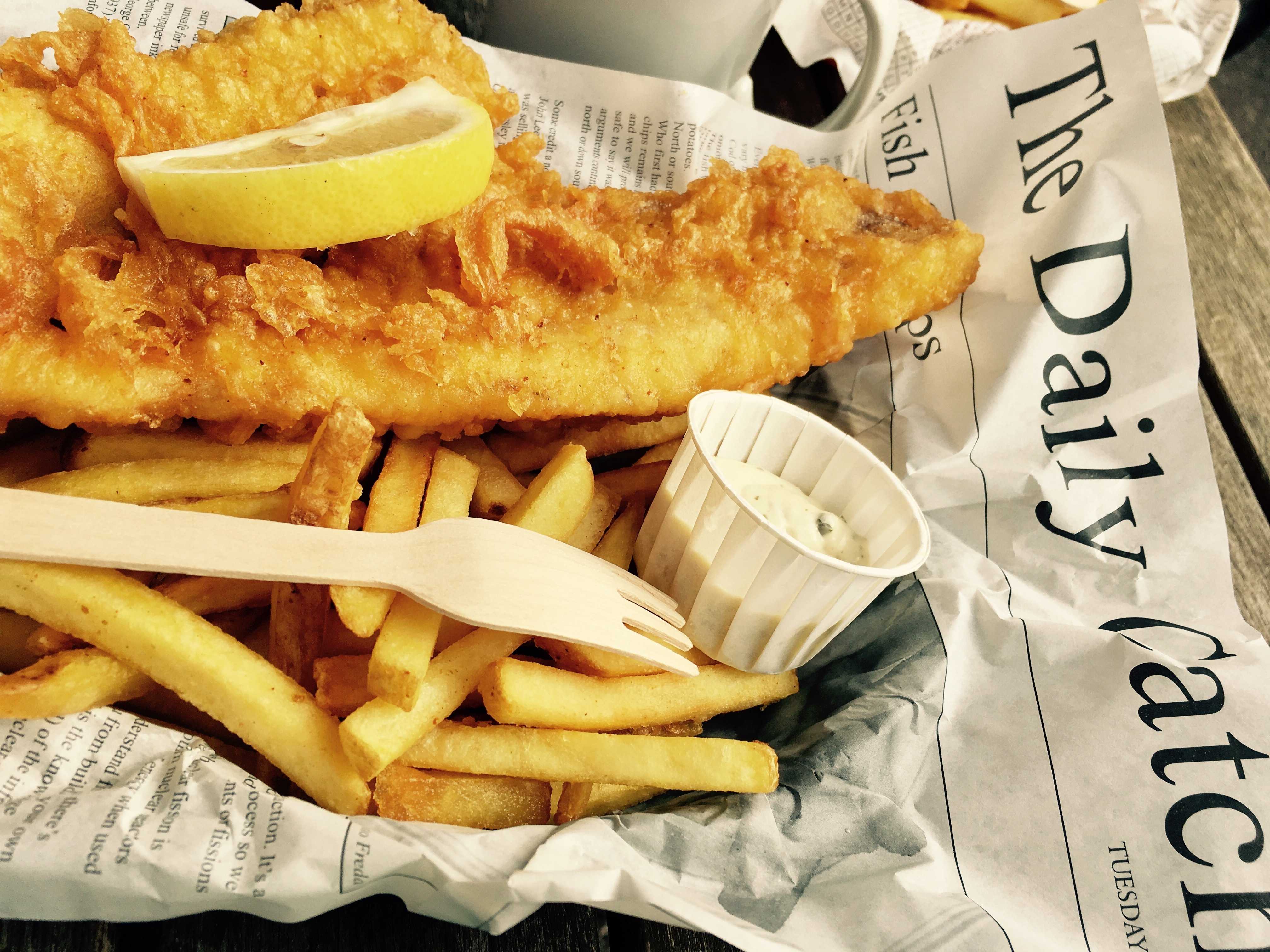Potato farmers are warning that the current heatwave could be having a major effect on crop production, with potatoes falling victim of the high temperatures. The reduction in potato crop has seen prices soar along with under-sized potatoes being grown, giving the chip fryer less yield and another financial headache. With no suggestion of a downturn, it’s time to “crispen-up” on our oil management skills to ensure we safeguard our business financially and also preserve the quality of our food.
Oil Management - Top Tips
- Test all potatoes for their sugar content with Diastix.
- Ensure chips are washed well and treated with Drywite and Starch Doctor as required.
- Use warm water during the Drywite treatment process – this enables you to remove more sugar from the chip and also quickens the drying process.
- Ensure you filter well and regularly – using clean filter papers/pads.
- Test the condition of your Frymax – by using a Cooking Oil Monitor you’ll be able to quickly, easily and accurately check whether your Frymax is safe for continued use. It works by checking the Total Polar Material (TPM) content in the oil.
- During quieter periods ensure oil depths aren’t too high – topping up “little and often” will help to maximise the quality and life of the oil.
- Don’t overload the pans with food – fry one-part food to ten-parts Frymax (1:10).
- Always hand sieve between and after frying to remove all debris and impurities – an 80-Mesh Skimmer enables you to remove most debris.
- During quiet frying periods reduce the temperature of the pans – certain frying ranges have an “Eco” mode which reduces the oil temperature in the pan to 140°.
These “Top Tips” will assist you in maintaining a great product despite it being a quiet or busy shift. Oil management is pivotal to any successful food establishment. This should be carried out in a safe and professional manner and easy for the team to understand and follow.
Remember – having an oil management procedure in place will only work if employees know how it works, and use it properly!
Quick Dos...
- Check the frying pans temperatures regulary
- Always allow oil to recover to desired temperature when batch frying
- Follow manufacturer’s cooking instructions
- Clean the frying pans according to manufacturer’s directions before refilling it with Frymax
- Cover frying pans after turning them off at the end of the day
...and Don'ts
- Overfill the frying pans or baskets with food
- Fill the baskets directly over the oil, or shake them over the oil when the food is cooked
- Salt or season food over the frying pans
- Fry at too high a temperature
- Use poor quality frying utensils or incorrect metals
Get in touch with the Frymax team today for more tips about making your frying oil go further.
Become a Frymax member today to gain access to exclusive content, expert frying advice and the chance to enter our fantastic competitions.





